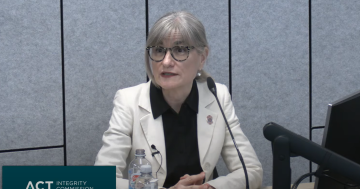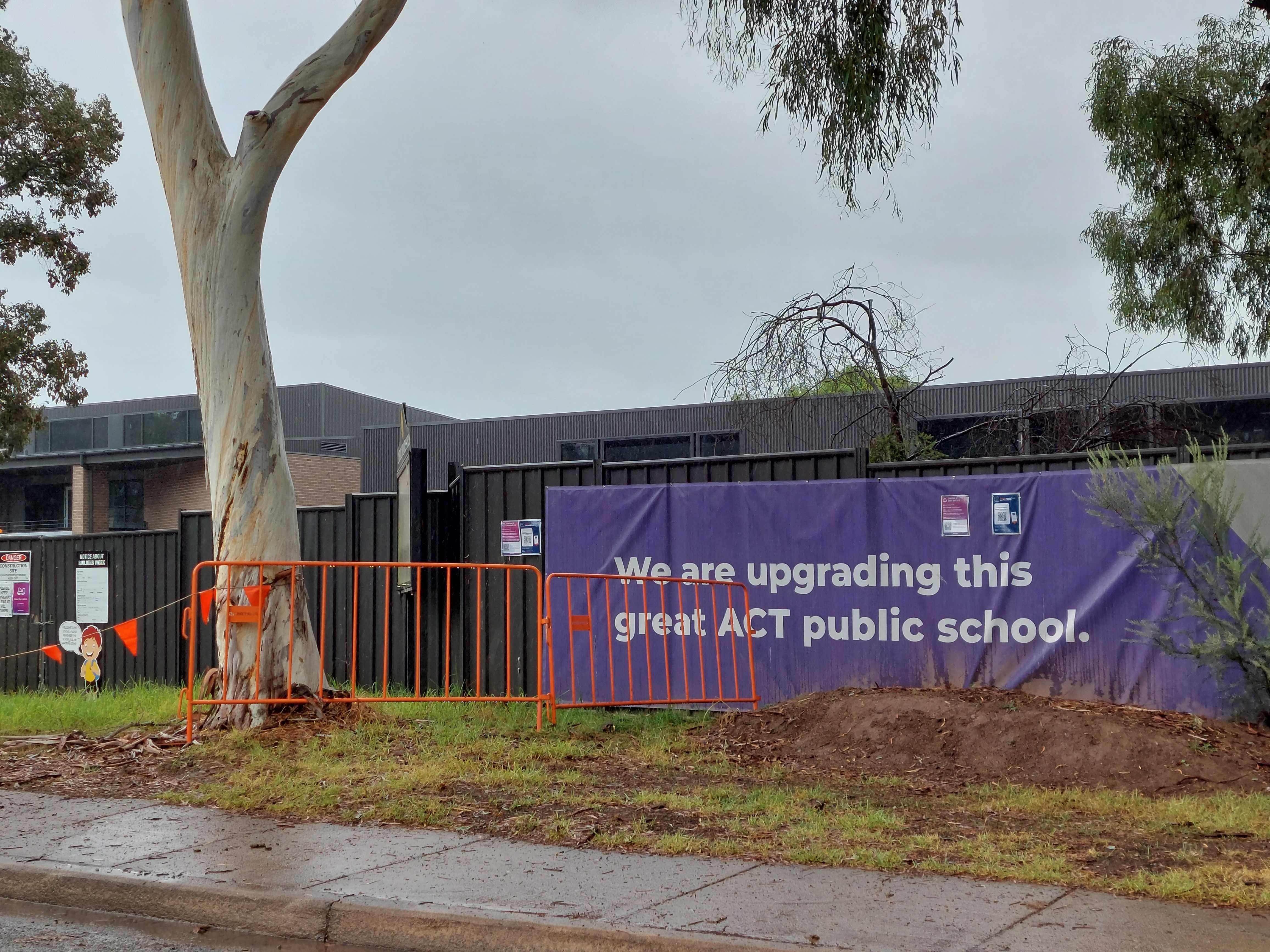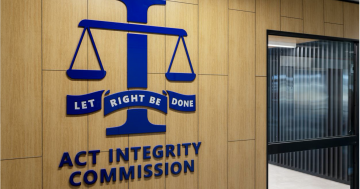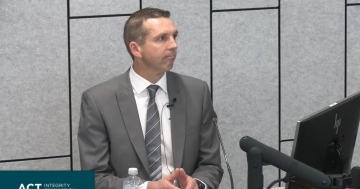
ACT Auditor-General Michael Harris: procurement process for the project lacked probity. Photo: File.
Major Projects Canberra has been urged to review its procurement and tender evaluation processes in a damning audit report on the multi-million dollar Campbell Primary School Modernisation Project that found tenderers were not dealt with fairly, impartially and consistently.
Auditor-General Michael Harris said the procurement process for the project lacked probity and there were a number of governance and administrative shortcomings that had the potential for conflicts of interest or undue influence to go unnoticed.
Despite Canberra firm Manteena being selected in 2020 as the preferred tender, the contract went to multi-national Lendlease after the weighted evaluation criteria used in government tenders were in effect re-weighted and re-prioritised.
The Acting Executive Group Manager, Business Services Division (Education Directorate) as the Delegate overruled the Tender Evaluation Team’s recommendation and instead recommended to the Education Directorate Director-General that Lendlease be named as the preferred tenderer because it offered the “best value for money”.
The Delegate believed that Lendlease would better manage the risks from the protracted nature of the procurement based on experience as the Secure Local Jobs Code Registrar but the audit found that the Delegate failed to adequately and appropriately document their rationale and reasoning.
There were three Tender Evaluation Reports and in the third, Manteena outscored Lendlease 76.1 to 67.4, including for having a better design.
The Delegate noted that Lendlease outscored Manteena on three of the six weighted evaluation criteria (comprising 30 per cent) and asserted that these “are reliable long term indicators of a company’s ability to deliver quality projects and government initiatives such as Secure Local Jobs”.
The Tender Evaluation Report said “Manteena have presented a strong and cost-efficient design proposal that provides the best value for money, and the lowest risk profile” but the Delegate did not sign or endorse it, instead recommending Lendlease.
The Delegate also argued that Lendlease had closed the pricing gap and that since the Directorate acquired all intellectual property rights, Lendlease could proceed using the best elements of both designs.
“This is unfair,” the audit report found. “Such an assessment does not fairly value or reward the efforts of a tenderer and the merits of their tender.”
The audit found that a range of undocumented staff from Major Projects Canberra and the Education Directorate were involved in the procurement.
“This allows for potential influence or interference to occur without explicit and specific clarity on their role and purpose,” the audit said.
It also increased the probity risks of the procurement.
Major Projects Canberra was also taken to task for not ensuring that participants in the procurement process completed Confidentiality and Conflict of Interest Undertaking forms.
Lendlease also sought a lower general liability cap to reduce the amount of any compensation that might be payable to the ACT due to breach of contract.
The audit report said the extra time taken to negotiate the final contract put further pressure on the delivery of the project.
The audit report made six recommendations, with five directed at Major Projects Canberra, which did not provide a response.
The Acting Executive Group Manager, Business Services Division (Education Directorate) acknowledged the shortcomings and supported the recommendations.
“I’d like to acknowledge the areas identified for process improvement in this proposed report and fully support the recommendations which will serve to strengthen probity and provide the necessary clarity of roles and responsibilities, appropriate documentation and guidance for all parties involved in the procurement process.”
Manteena welcomed the findings, which it hoped would mean future procurements did not make the same mistakes.
“While we are very disappointed in the outcomes of the procurement process, which have significantly affected Manteena and many other local Canberra-based professional consulting and subcontracting organisations who contributed to the tender process, we are hopeful that all future procurement processes will not encounter similar failings in probity, fairness, impartiality and consistency,” it said.
The ACT Government budgeted nearly $19 million for the modernisation project. Construction began early in 2021.





















